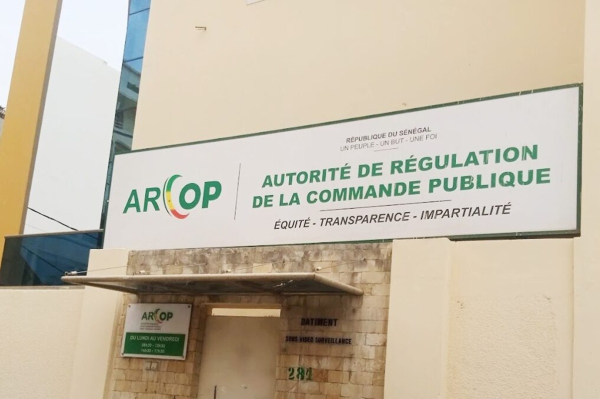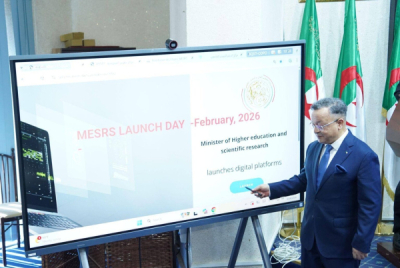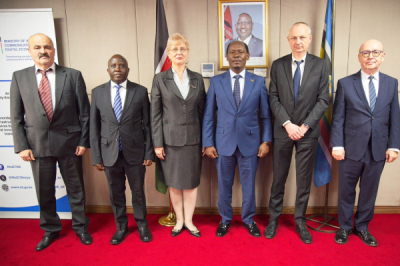• Senegal launches e-procurement platform to boost transparency
• The platform, APPEL, to digitize full tender process by January 2026
• Reform aligns with national plan to digitize 90% of services
Senegal’s Public Procurement Regulatory Authority (ARCOP) on Tuesday launched the pilot phase of its new electronic public procurement platform, APPEL (Achats Publics en Procédures Électroniques), as part of a broader effort to enhance transparency and strengthen governance.
The initiative aims to digitize the entire public procurement process, improving transparency, ensuring transaction traceability, and speeding up the handling of procurement procedures.
“We’ve been working on this reform for a year. Every week, we hold a technical meeting dedicated to the platform,” said Moustapha Djitté, Director General of ARCOP. “We want reliable indicators on tender processing times, savings achieved, business participation rates, and satisfaction levels among procurement stakeholders.”
The platform covers every stage of the procurement process, from publishing tender notices to awarding contracts. Designed to be modular, secure, and aligned with international standards, it draws inspiration from successful systems in Morocco, Rwanda, and Mauritius. ARCOP also plans to link it with other public databases, including those of the Treasury, tax authorities, and the commercial register, to reinforce transparency, traceability, and sound governance.
The project forms part of Senegal’s national digital strategy, known as the New Deal Technologique, which aims to digitize 90% of public services by 2034. Public procurement, representing between 15% and 20% of national GDP, is a major component of public spending and demands modern management to strengthen investor confidence in Senegal.
Full implementation of the APPEL platform is scheduled for January 2026. The reform is expected to make public procurement more transparent, predictable, and efficient. It should help reduce processing times, curb fraud, increase competition among companies, and generate substantial savings for the state, while reinforcing investor trust and promoting good governance in the public sector.
Samira Njoya



















